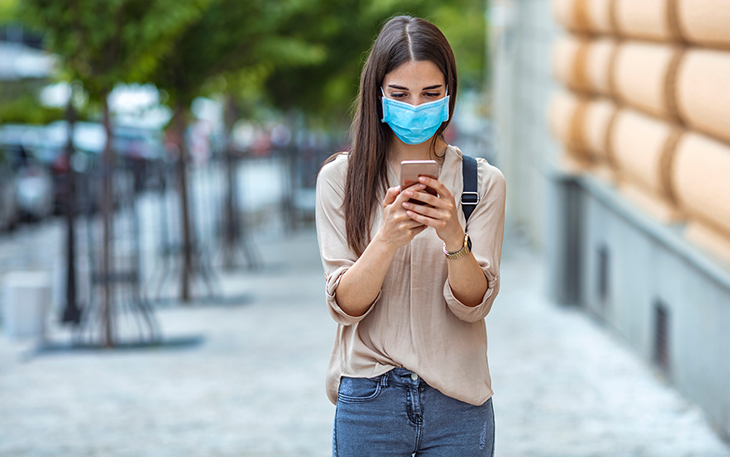Second Wave of Stimulus Checks Brings More Scams

The second wave of stimulus checks only started hitting checking accounts a few weeks ago, and the BBB and the FTC are already warning of related scams.
According to the FTC, American taxpayers lost more than $211 million due to COVID-19 scams, with $20.9 million of that amount connected to the first round of stimulus checks.
Don’t get scammed! Protect yourself by learning all about these scams so you know when you’re being targeted.
How the scams play out
Stimulus check scams can take the form of phishing scams, in which a criminal asks victims to provide personal information to receive their check, and then instead uses that information to empty the victim’s account.
In other variants of the stimulus check scam, a victim receives an email prompting them to download an embedded link to receive their check. The link, of course, will infect the victim’s computer with malware.
In yet another stimulus check scam, a criminal impersonates an IRS official or a representative of another government office demanding a processing fee before the check can be sent.
Finally, there have been reports of taxpayers receiving checks that appear to be authentic stimulus checks, but are actually fraudulent. They deposit the check and, soon afterward, a scammer reaches out to them to inform them the check amount was incorrect and they must return some of the funds. Unfortunately, a few days later, the financial institution finds that the check is fake and it will not clear. The victim is now out the money they returned to the “IRS.”
Red flags
Unfortunately, technology has made it easy for scammers to spoof a Caller ID and to create bogus websites that look authentic. If you know what to look for, you can beat them at their game and recognize a scam before it gets past the first step.
Here are five red flags of stimulus check scams:
- Unsolicited calls or emails – It’s best to avoid answering unsolicited calls and/or emails from unknown contacts to protect yourself from a stimulus check scam. Similarly, never click on a link in an unsolicited email or text message, as it may contain malware. According to the BBB Scam Tracker, scammers have also been contacting people through robocalls and leaving messages about the stimulus checks and direct deposits. These calls should likewise be ignored.
- Messages that ask you to verify or provide sensitive information – The BBB is warning of emails and text messages asking citizens to verify or supply information to receive their stimulus checks. Sometimes, the victim will receive an email instructing them to click on a link to receive their benefit payments. This, too, is a scam. The IRS will not call, text or email any taxpayer to verify their information.
- High-pressure tactics – If a phone call or email demands immediate action on your part and uses a threat of losing your stimulus payment, you’re likely looking at a scam. There is no action you need to take to receive your check.
- Fee solicitations – There is no processing fee or any other charge attached to the stimulus payments. “If you do answer a call, and it’s about your stimulus payment, keep in mind that U.S. government agencies won’t ask you to pay anything up front to receive your funds. Anyone who does is a scammer,” cautions Jennifer Leach, associate director for the FTC’s division of consumer and business education. There’s also no way to pay extra for receiving your stimulus payment earlier.
- Inflated check amount – “We’ve seen a lot of scams involving bogus checks that look like government checks in the past year,” says Paige Schaffer, CEO of global identity and cyber protection services at Generali Global Assistance.
For the best way to protect yourself from this scam, the BBB recommends that all taxpayers receiving their stimulus payment via paper check verify that the check is authentic before depositing it in their checking account. Look up the agency or organization that allegedly sent the check to see if it really exists, and check the status of your payment to see if you actually should have received it.
Stay safe!
